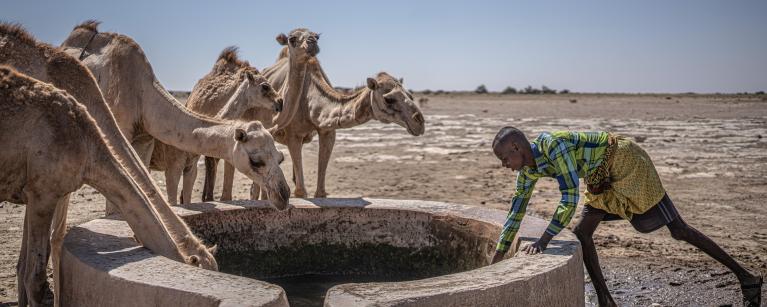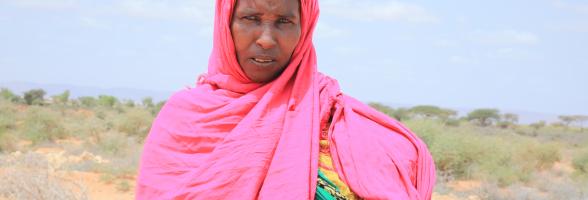The countries of the Intergovernmental Authority on Development (IGAD)—Djibouti, Eritrea, Ethiopia, Kenya, Somalia, South Sudan, Sudan, and Uganda—bear little historic responsibility for climate change, but are greatly exposed to its impacts. Recent years have seen escalating climate changes and devastating climate-induced disasters, including droughts, floods, sea level rise, storms and desertification which affect livelihoods, poverty, water and food systems, ecosystems, health and infrastructure. These impacts are particularly severe across the 60–70% of the region classified as arid and semi-arid lands and for the agricultural, pastoral and agro-pastoral systems that support the livelihoods of much of the population. Already marginalised populations, including women and girls, youth, indigenous peoples, stateless persons, displaced people, and people with disabilities are disproportionately impacted by these crises.
Given the scale of climate impacts expected and already experienced, the countries of the IGAD region require international support to address adaptation, loss and damage, as well as to transition to low-carbon development pathways consistent with the goal of limiting global warming to no more than 1.5°C. This finance must also contribute to gender transformative outcomes.
This report provides a detailed, regional-level analysis of the climate finance flowing to the region, as well as its intersections with debt, agriculture, gender and humanitarian financing. The aim is to inform ongoing discourse on transforming climate financing and contribute to reimagining a global financial architecture that is fit-for-purpose to achieve the goals of the Paris Agreement.

